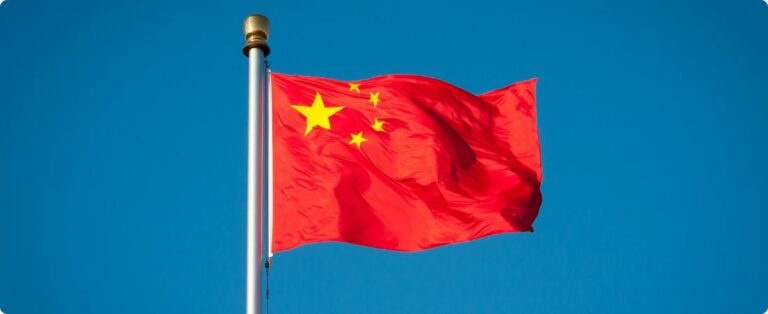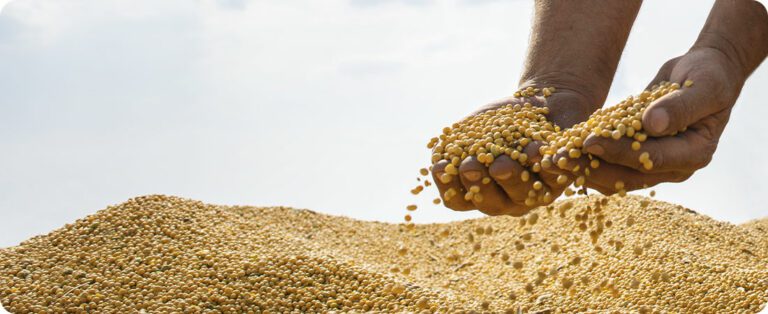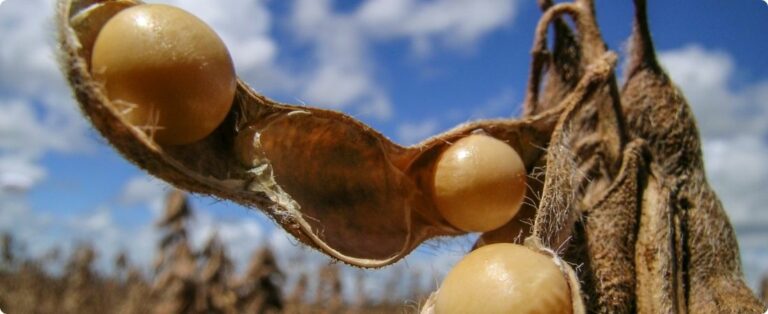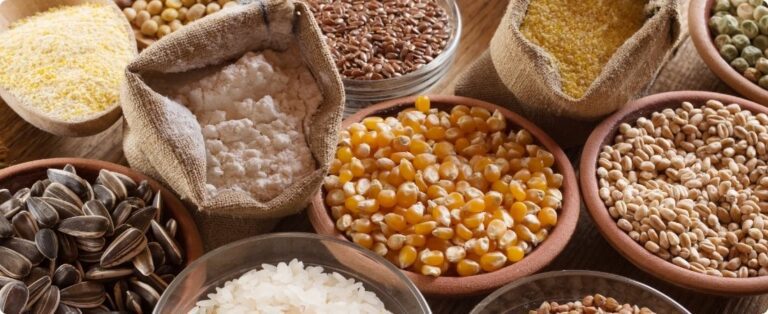With the aim of preventing Mato Grosso's economy from being strongly affected by producers' lack of capacity to pay for investments due to climate problems in the last harvest, the State Government requested the Ministry of Agriculture, Livestock and Supply (Mapa) to take measures to overcome this difficult time. The matter was discussed during a meeting held last Monday (29), in Brasília (DF).
The document with urgent actions to avoid blocking development in the state from the productive sector was raised by the State Secretariats for Economic Development (Sedec-MT) and Finance (Sefaz-MT). The vice-governor of Mato Grosso, Carlos Fávaro, delivered the proposals to the Minister of Mapa, Blairo Maggi, accompanied by the secretaries of Sedec, Ricardo Tomczyk, and Finance, Seneri Paludo.
The minister welcomed the request and said he was already aware of the matter. “We have already forwarded the request to the International Council in order to create conditions so that Banco do Brasil and other bodies in this region can present alternatives to producers. It is an agenda that has reached the table, but we are already negotiating with the Treasury so that the Council can edit this rule”, highlighted the minister.
The meeting was also attended by the senators for Mato Grosso, José Medeiros and Cidinho Santos, the secretary of Agricultural Policy of Mapa, Neri Geller, the federal deputies Nilson Leitão and Adilton Sachetti, the deputy federal deputy, Éderson Dal Molin, in addition to of representatives of class associations.
“The minister was already aware of part of the warning we came to make, that we need action from the Federal Government and the Ministry of Agriculture, so that we can give our farmers breathing space to overcome the crop failure, and continue in the activity with credit, with full agricultural policies”, explained Fávaro.
Weather problems, increased production costs, economic adversity, fluctuations in the dollar, among other factors, directly affected the 2nd soybean and corn harvest in 2016, which hampered the economic viability of the state's main source of sustainability. The situation directly impacts the financial life of the State and, therefore, of the citizen.
According to the vice-governor, the State is having difficulties in increasing revenue. This is because the economy begins to decline in essentially agricultural states, with a lack of raw materials. Fávaro cited as an example the closure of an industry in Mato Grosso due to lack of soybeans, which represents R$ 9 million less per month in State revenue.















